Viral epidemics have been part of human civilisation for centuries. Black Death in the fourteenth and Plague in the seventeenth, are only the most famous but there were many more local outbreaks. Europe found that transmission started in ports like Venice and Marseille and spread inland following contact with ships bringing cargoes from the East. The concept of quarantine was developed in these ports specifically to isolate suspected carriers of disease. Time and distance were effective in combatting pestilence, long before science knew its cause was viral.
When plagues hit major cities like Milan, Paris or London, rich people fled to the countryside, the rural population was spread more sparsely and the risk of contagion was lessened by distance from other people. The poor of course could not afford to leave the cities and they suffered proportionately more during a city epidemic. People knew dense city living increased the risk of catching disease, so keeping away from others was instinctive. Today we call this ‘social distancing’.
Have we lost this instinct? Perhaps the ready availability of public health support has led to a belief that we no longer need to heed the importance of distance in staying well and avoiding contagion. Why else would the government encourage us back to work, school and into restaurants, pubs and cafes before the virus has been tamed? This is surely counter-intuitive as the mounting infection rate in September suggests. Sweden has managed to handle the virus better only because it has a much smaller, more sparsely spread population, where social distance is more easily practised.
This is not to criticise the government for trying to protect our economy, equipped with data that suggests Covid 19 is only a threat to a retirement generation, a non-productive sector of the economy. However is it really wise to encourage crowds, whether for work or pleasure, when the best medicine is simply distance? The young, who have a cavalier attitude to infection, thrive on social contact so they will need a convincing reason to embrace social distance as a mantra. A fine of £10,000 is meaningless if you are burdened with student debt and have no job or income!
The combined message from the Chief Medical Officer and Chief Scientific Advisor is that the virus is spreading fast and crowds are to blame. Politicians who eagerly encouraged us back to offices and pubs did so in the belief that the epidemic could be managed through testing to isolate infection. Testing has failed to offer the safety net it was designed to fulfil, so the only option now is distance. Thus we must revert to what our ancestors knew worked, isolation.
Keeping offices, schools, and pubs open is not conducive to reducing deaths, but is a compromise. Therein lies the risk. The prime minister has been accused in the past of wanting to ‘have his cake and eat it’. This is the situation we find ourselves at the autumn equinox, staring into a gloomy future of lengthening nights and shortening days. It is axiomatic that you can’t have your cake and eat it; it is also true you can’t encourage crowds and at the same time reduce infection. Science is once again left speaking truth to power, only power doesn’t want to hear.

